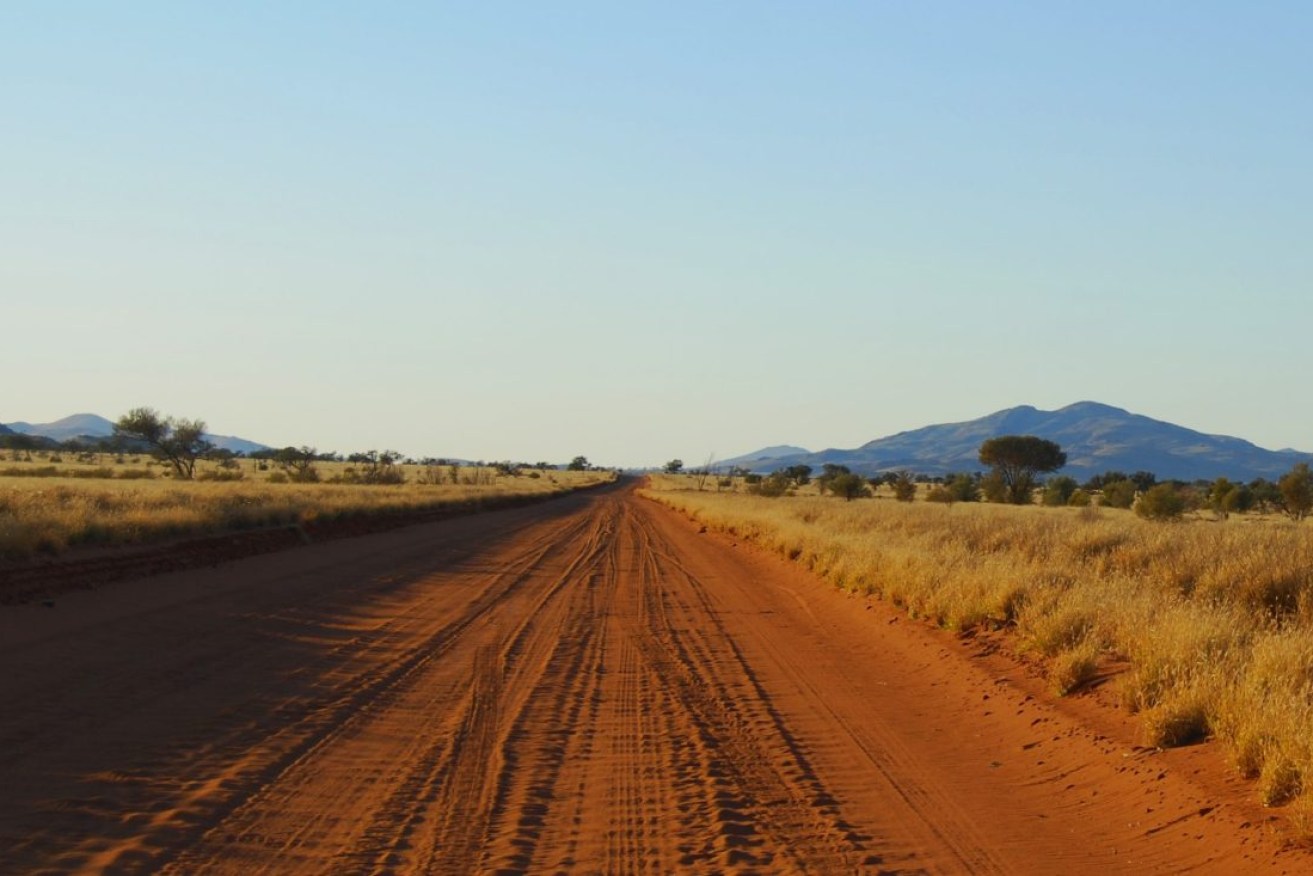Minister rejects nuclear dump spectre in Aboriginal heritage overhaul
The State Government insists changes to the Aboriginal Heritage Act pushed through parliament last week will have “absolutely no impact whatsoever” on the debate over a potential future nuclear waste dump, which indigenous communities fear could end up on traditional lands.

Aboriginal advocates and the Greens expressed concern at the haste with which the bill was passed, arguing there was inadequate consultation on its final draft.
Legislation to amend the Heritage Act passed parliament with Labor and Liberal support, despite opposition from the South Australian Native Title Services and the Aboriginal Legal Rights Movement, who argued the changes “have not been put before Parliament with the support of Aboriginal People”.
Sue Tilley, an indigenous social policy advocate, told InDaily: “One has to wonder about the rush to get this bill through parliament and the critical timing of this.”
“South Australia is currently facing a number of contentious developments that may significantly impact on Aboriginal land and on the protection of heritage, such as the consideration of potential sites for a nuclear waste dump, and the development of the Northern Connector Road Project, amongst others,” she said in a written statement.
“Was the motivation driven by the need to have the seemingly constraining Aboriginal Heritage Act out of the way to enable these and other developments to proceed unhindered?”
But Aboriginal Affairs Minister Kyam Maher rejected the suggestion, insisting the changes safeguarded Aboriginal communities and that the amendments had been the subject of intensive consultation since as far back as 2008.
“We’ve had regular meetings, and I’m happy to continue to talk to [community advocates],” he said.
“This consultation… has been ongoing for some years and has been broadly supported in many consultations in the past, so I don’t think it’s fair to say it’s been rushed.”
He said Aboriginal groups and organisations could opt in to heritage provisions but if they choose not to “nothing will change”.
“If they want to be involved in having a discussion with land use proponents they can do that,” he said.
“Everything else under the act currently still applies [so] the thought that this lessens protection of heritage – I just don’t agree.”
He rejected the relevance of ongoing debate over a prospective nuclear repository, either low level or high, saying: “It has absolutely no impact on that whatsoever.”
“The fact is, if an Aboriginal heritage body wants to enter into negotiations with a land use proponent, they can; if they don’t want to, the current provisions apply,” he said.
“It just makes the system better for those who use it.”
But advocates are unconvinced, particularly with the minister ceding his authority to delegate his decision-making powers to traditional owners of a site.
“This provision gave traditional owners a powerful tool to make decisions and enter into agreement-making about protecting their heritage,” Tilley said.
“The amended legislation deletes this all-important provision.”
Andrew Beckworth, the principal legal officer with South Australian Native Title Services, provided advice to Greens MLC Tammy Franks that “this bill will come as a shock to many Aboriginal People in SA, as it has done for us”.
“This bill flies in the face of what previous governments or ministers have attempted and does so without any respect for the primacy of Aboriginal people’s voices and their rights and interests in managing and protecting Aboriginal Heritage,” the submission argues.
“This is against the United Nations Declaration on the Rights of Indigenous Peoples.”
Beckworth told InDaily he remained concerned about the “lack of consultation right through to the social impact of what it’s doing”.
Franks said she remains uncertain what the impact of the changes will be, but “I wasn’t in a position for the Greens to support the bill”.
“The minister says he’s given more ability to Aboriginal groups to have a say on outcomes [but] it should have been consulted on properly,” she said.
“We didn’t get all the answers we should have.”




